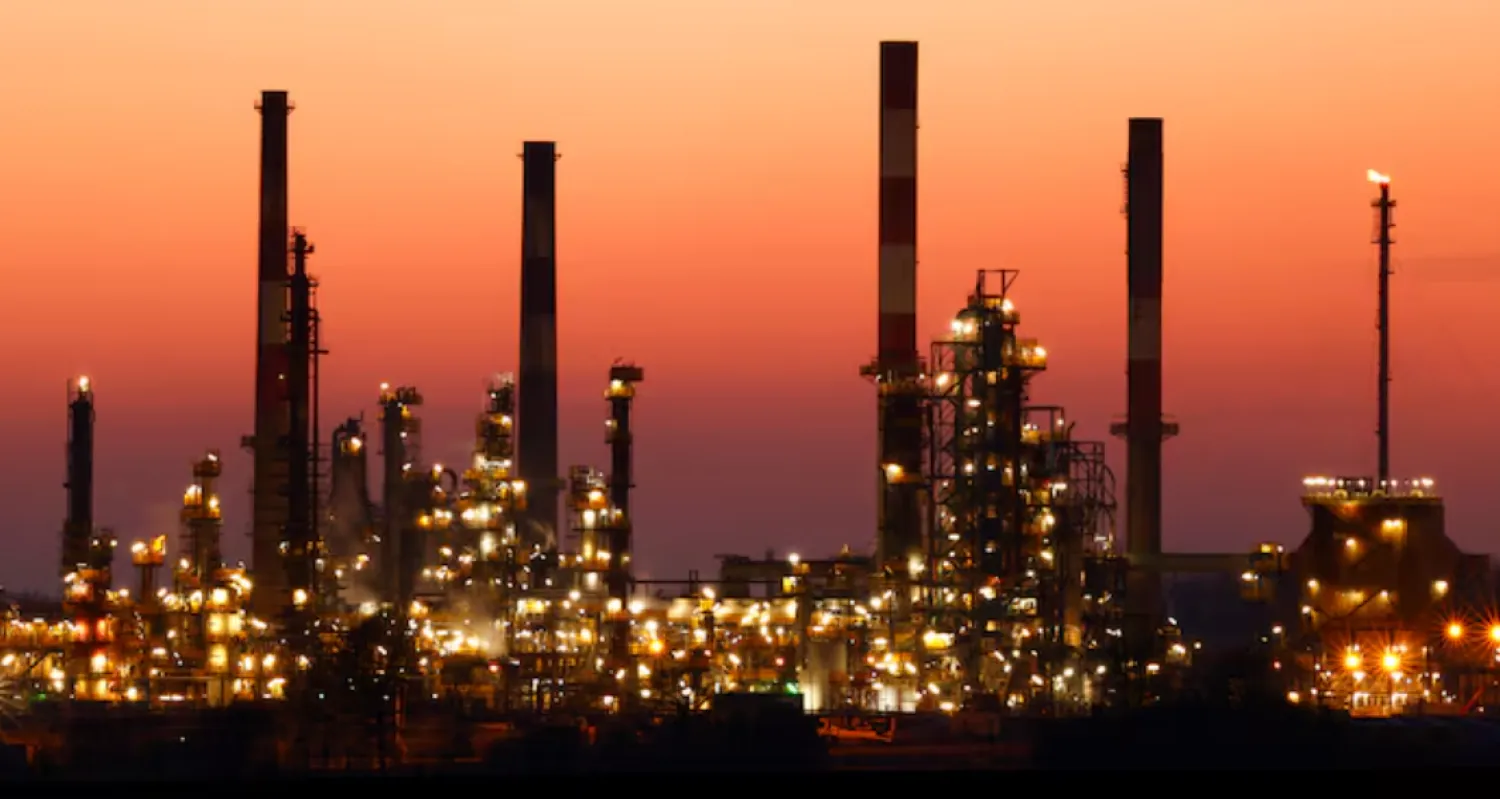Knight Dragon Real Estate Development Company has revealed plans to launch its business in Saudi Arabia by opening an office in Riyadh, during the last quarter of 2023.
Sammy Lee, founder and vice chairman of Knight Dragon, said that Saudi Arabia was a fast-growing country with ambitious plans to develop its infrastructure and real estate sector, which will create a huge demand for housing.
In an interview with Asharq Al-Awsat, he stressed that his company’s expertise could help meet this demand, given its proven record of developing successful real estate projects in other countries.
Asked about the added value that Knight Dragon will provide to the Saudi market and the region, he said that large-scale real estate development was complex and involved important factors that should be taken into consideration, such as the country’s young population and the government’s ambitious plans to develop its infrastructure based on the latest technological innovations.
Sammy Lee noted that the company used Blockchain technology to tokenize real estate assets, allowing small investors to participate in the real estate market. He explained that real estate tokenization involved converting the value of real estate into a token, based on Blockchain technology, allowing for digital ownership and transfer.
Moreover, Knight Dragon uses the technology of integrated modular construction, which saves time and money in construction.
The company’s vice-president noted that this technology allows projects to be completed in half the time or less, compared to traditional construction methods.
“Modular prefabricated building units... are shipped to the construction site for assembly. This process eliminates the need for on-site construction, which can save a significant amount of time,” he told Asharq Al-Awsat.
He continued: “In addition to saving time, the integrated modular building technology can also save money. This is because prefabricated units are often less expensive than materials that are purchased and transported to a construction site. In addition, the units can be built to exact specifications, which can reduce waste and improve efficiency.”
Sammy Lee stressed that the Middle East, especially Saudi Arabia, was the right place to expand the company’s business.
He pointed to the Kingdom’s rich potential, ambitious vision and major investments in infrastructure and development.
“Real estate constitutes a very important part of the Saudi economy, and reports indicate that the goal is to increase the sector’s contribution to the gross domestic product to 10 percent by 2030, as the Kingdom’s economy continues to diversify,” he remarked.
The vice-president of Knight Dragon said that youth in Saudi Arabia was a major driver of growth. With more than 30 million people under the age of 25, there is a huge demand for housing and other real estate, he emphasized.
He also noted that the Kingdom was the right place for real estate developers, thanks to the rapid growth of the real estate market, in addition to the availability of many investment opportunities.
Sammy Lee said that he was excited about the potential of new technologies, such as Blockchain and integrated modular construction, to revolutionize the real estate industry.
“I believe that these technologies can make the development and management of real estate assets easier and more efficient,” he underlined.
He added that estimates indicate that the population of Saudi Arabia was expected to grow from 6.8 million to 15-20 million by 2030, which would lead to an increase in demand for workplaces and housing units.
Thus, Sammy Lee expected the Saudi real estate market to be the fastest growing in the world in the next five to ten years, and said: “This is a wonderful opportunity for investors and developers, and I am excited to be a part of it.”









